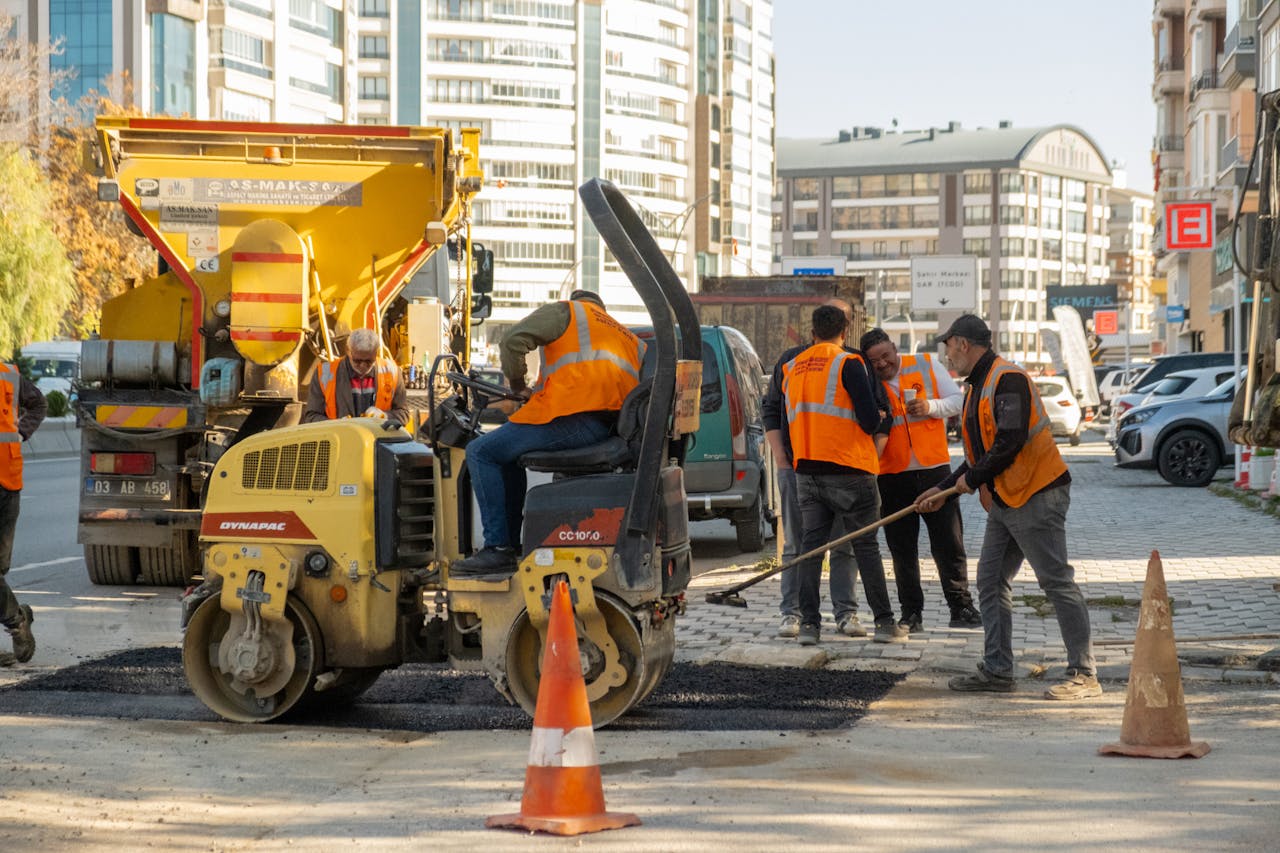Why SoCal Residents Should Stay Alert to Fake Calls
Picture this: You’re stuck in traffic on the 405, the sun’s finally out after the morning marine layer, and your phone rings. It looks like your bank’s 800 number—or worse, your mom’s cell. You answer, only to find out later it was a scammer using a trick called spoofing.
Spoofing is when criminals disguise their number so it looks like it’s coming from someone you trust—your bank, your credit card company, or even a family member. Their mission? To steal your money or identity by tricking you into sharing sensitive info.
These scams are hitting Southern California residents hard, and they’re growing fast thanks to artificial intelligence. According to a recent survey, over 70% of Americans reported receiving a spoofed call in the last three months. From Orange County to Los Angeles, scammers are taking advantage of our busy lives to catch us off guard.
Let’s break down the top scams SoCal residents should watch for.

According to a recent survey, over 70% of Americans reported receiving a spoofed call in the last three months.
🚨 The Bank or Credit Union Call
How the scam works:
You get a call “from your bank.” The caller warns that your account is compromised. They offer to send you a code and ask you to read it back. Once you do, they log in and drain your funds faster than you can say “Newport Beach.”
How to tell it’s fake:
Banks will never call and ask for one-time passcodes or passwords. If the caller refuses to let you hang up and call back using the number on your card, that’s a red flag.
👪 The “Family Member in Trouble” Call
How the scam works:
Scammers use AI to clone voices and pretend to be a loved one in trouble. Maybe it’s your nephew “arrested in San Diego” or your daughter “in an accident near Anaheim.” They’ll pressure you to send money immediately.
How to tell it’s fake:
Urgency is the scammer’s best friend. Always hang up, then call your family directly. A real emergency won’t disappear just because you took two minutes to verify.

Urgency is the scammer’s best friend. Always hang up, then call your family directly.
💳 The Credit Card Company Call
How the scam works:
Someone posing as your credit card’s fraud department says they’ve spotted suspicious activity. They’ll ask for your full card number, CVV code, expiration date, or even your Social Security number.
How to tell it’s fake:
Legit credit card companies won’t ask for full details if they’re the ones who called you. If they insist, hang up and dial the official number on the back of your card.
🛡️ Quick Tips to Outsmart Scammers in Orange County
- Be skeptical of any caller demanding immediate payment, especially via gift cards or cryptocurrency.
- Never share your Social Security number, passwords, or passcodes during an unsolicited call.
- If you’re unsure, hang up and call the official number.
- Talk it out with a family member or friend—locals in SoCal know that taking a pause saves more than just freeway headaches.
Why Neighborhood Insurance Agency Care?
Here in Orange County, life is busy enough with freeways, beach days, and small business hustle. The last thing you need is to worry about criminals stealing your money or identity. At Neighborhood Insurance Agency, we believe true protection goes beyond just auto or home insurance—it’s about peace of mind.
Insurance is how we prepare for the unexpected: a fender-bender in LA traffic, a kitchen fire in Irvine, or even identity theft. When you choose a trusted local insurance agency in Southern California, you’re not just buying a policy—you’re gaining a partner who helps you protect what matters most.
👉 Want coverage and advice you can count on, right here in your neighborhood? Call us today or click below to get started.
TL;DR
Spoofing scams are on the rise in Southern California. Criminals fake calls from banks, credit cards, or even family members to steal your money and identity. Protect yourself by hanging up, verifying with official numbers, and never giving away sensitive info. And when it comes to insurance protection, trust your local Orange County insurance agency to keep you covered.
Santa Ana, CA 92705
Reference
Federal Communications Commission. (2023). Caller ID spoofing. Retrieved from https://www.fcc.gov/consumers/guides/spoofing-and-caller-id
Federal Trade Commission. (2023). How to recognize and avoid phone scams. Retrieved from https://consumer.ftc.gov/articles/phone-scams






